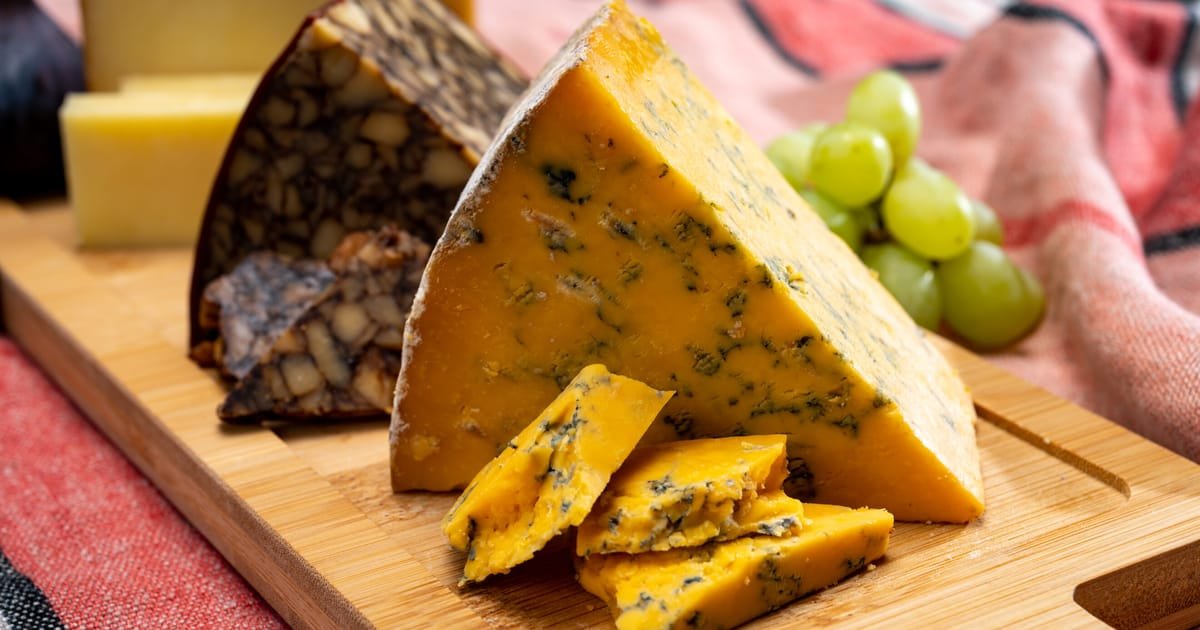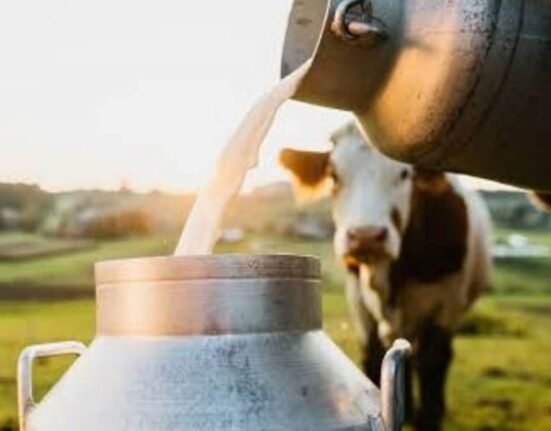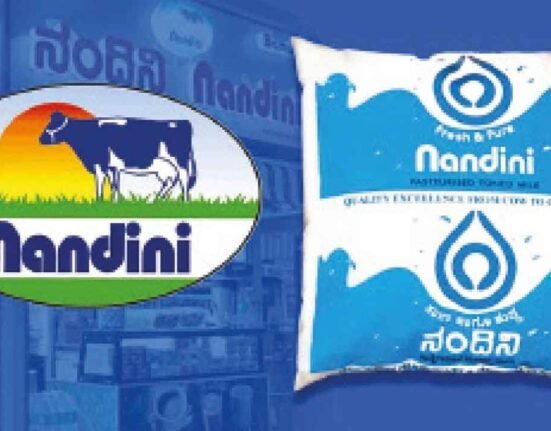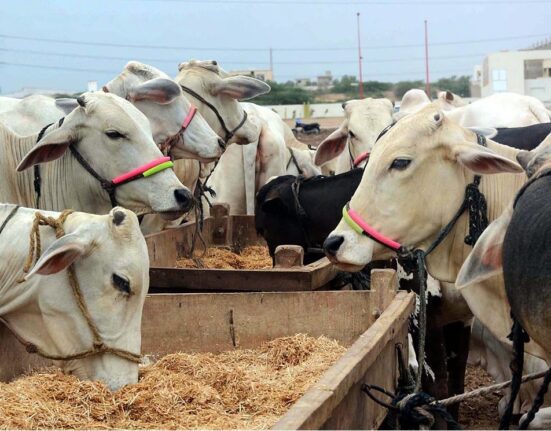London – British cheesemakers are sounding the alarm over the terms of the U.S.-UK dairy trade agreement, which they say leave the UK at a significant disadvantage compared to their European Union (EU) counterparts, particularly exporters from Ireland.
Rod Addy, Director General of the Provision Trade Federation (PTF), which represents major UK dairy and cheese manufacturers, stated that EU cheesemakers are now better positioned to capture U.S. market share, particularly in cheddar exports, which make up approximately 75% of all UK dairy exports.
📉 UK Cheese Exports Under Pressure
According to data from the UK Agriculture and Horticulture Development Board (AHDB):
| Period | Cheese & Curd Exports | Value (£) |
|---|---|---|
| Full Year 2024 | 9,855 metric tons | Over £75 million |
| Jan–June 2025 | 4,365 metric tons | Over £36 million |
Although UK exports to the U.S. remain substantial, new tariffs and structural disadvantages could slow growth and shift demand toward EU products, which currently enjoy more favourable tariff rates under EU-U.S. arrangements.
🧀 Industry Voices: “Cheddar & Butter at Risk”
One of the most vocal industry players is Coombe Castle International, a major UK exporter of premium cheeses to the U.S., which relies on the American market for roughly one-third of its business.
Larvin highlighted the perfect storm facing UK cheese exporters:
- Rising milk procurement prices
- Weakened U.S. dollar affecting competitiveness
- Ongoing cost-of-living pressures are dampening demand
- Tariffs increase operational costs; these tariffs couldn’t be worse.
🇮🇳 Relevance for Indian Dairy Stakeholders
For India’s growing dairy export sector, particularly value-added products like cheese and paneer, the UK-EU-U.S. trade dynamics offer strategic insights:
- India could explore niche dairy export opportunities to the U.S. as the UK supply weakens
- Trade agreements must be carefully structured to avoid tariff disadvantages
- The case highlights the importance of negotiating dairy-specific clauses in any FTA (Free Trade Agreement) India enters, especially with Western economies






